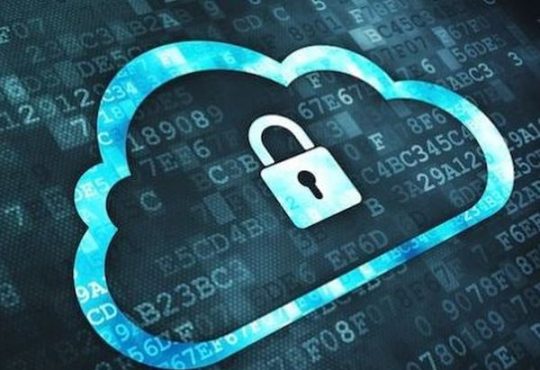Online Child Abuse: India Can Take the Lead from US
A new US law has made it obligatory that websites and social platforms report child abuse

India’s lawmakers enacted a refurbished Digital Data Protection Act (DDPA) act in 2023 and claimed that it would take care of the growing incidence of online child abuse. However, in the absence of transparent reporting by websites and social media platforms, such an outcome could still be a distant dream.
Last month, the National Commission for Protection of Child Rights (NCPCR) asked the Supreme Court to ensure that social media platforms be made liable to report accounts that uploaded videos of child sexual abuse under the Protection of Children from Sexual Offences Act (POCSO Act) — an indication that all is still not well on the child abuse front.
A new US Law can be used as a good benchmark
This should be the immediate priority of India’s lawmakers (the new ones that take office in June once the results of the ongoing general elections are announced). And they do not have to search far for such a regulation as President Biden signed into law a bipartisan bill that protects children from online sexual exploitation in the United States.
The bill, tabled jointly by Democrats and Republican senators, was officially signed by Biden into law on May 7 and makes websites and social media platforms legally obligated to report crimes related to trafficking, grooming, and enticement of children to the authorities. And companies that fail to do so would be handed a hefty fine.
The law further states that for platforms with more than 100 million users (the likes of Facebook, Instagram, and WhatsApp in India – all owned by Meta), a first-time offense would make them poorer by $850,000. And such evidence needs to be held for up to a year, instead of just 90 days in the past.
These changes were brought about following challenges that the US authorities faced in handling the millions of child sex abuse reports they receive each year. Lack of staff and poor technology enablement caused these delays and social media platforms often removed the content from their servers within 90 days.
However, the change in the new law is expected to make the assessments more efficient by allowing for longer storage of data on commercial cloud and computing services. Moreover, as the onus of responsibility to report such incidents shifts to the platform, the fear of massive fines could make these social media giants more responsible for the content that users publish and ensure that those breaking the law are banned.
The challenges faced by India around online child abuse
This is where the NCPCR application before India’s apex court merits discussion. They had filed a petition jointly with five NGOs against a Madras High Court order this January that quashed a case lodged against a man for downloading child pornography. That court had held that mere downloading and watching wasn’t an offense under the IT Act or POCSO Act.
The Child Rights body also sent missives to state police departments seeking action against online content that violates the POCSO Act. Some states failed to respond while others shifted the onus onto the social media platforms for taking action to remove any videos or clips that fell under the definition of the Act.
In its submissions to the Supreme Court, the NCPCR noted that “on various occasions and past instances (the commission) has observed that social media platforms have not only erred but seem to have failed in performing the statutory mandate cast on them under Section 19 of the POCSO Act.”
More than a year ago, India’s junior IT minister Rajeev Chandrasekhar had told delegates at a conference on child sexual abuse material (CSAM) organized by the National Human Rights Commission that his government will bring in a separate Digital Services Act to curb internet-aided circulation of material around such abuse.
He noted that the changes would make internet service providers and intermediaries more accountable for hosting offensive content while remarking that the existing rules did not address the challenge of digital child sexual abuse. He also reaffirmed that his regime was all for expanding the reach of the internet in India as a tool for empowerment that is safe for all – irrespective of age, gender, and other social differences.
Maybe it is time that the various administrative agencies involved with child rights and internet freedom work under a single roof to bring about changes in the regulations. And the latest set of rules from the United States could be something that they can borrow from, given that most social media platforms are headquartered in North America.








